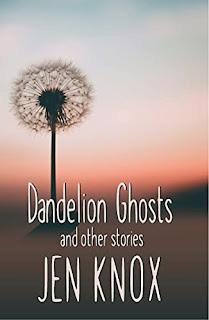I write in pocket-sized
Moleskine
or imitation-Moleskine notebooks, which means that there's always a notebook in my pocket or bag and I've grown accustomed to writing in extremely small print. What I like about these small books is that they're portable, and I usually fill each page and consequently each book, quickly. This provides a sense of completion, even if the story itself is not finished.
Standard size notebooks are a different story. I admit, I've wasted a lot of paper by leaving blank pages in between stories and essays in my full size notebooks. Recently, however, I set out to fill in all these pages, and to make my task all the harder, I've decided to write a complete piece in each one-two page space, which has caused me to write a lot of flash. What I realized in the process of this environmentally savvy act, however, is that I have revisited a technique that was introduced to me in a course I took a year ago at
Gemini Ink known as
OuLiPo.
The technique, which was founded by
François Le Lionnais
and
Raymond Queneau
in the sixties, is defined as a "generative device" for potential literature. The theory is that if a writer imposes constraints on her work, she will be forced to create a piece of art that might have (given no constraints) never been realized. More specific and common techniques of constraint in this practice include lipograms (pieces of writing that excludes the use of certain letters) or techniques used commonly in poetry, such as palindromes. To me, the limit of space and word count is enough, but perhaps I'll stretch my boundaries when I complete the half dozen or so notebooks I need to fill. This is fun stuff, and ironically freeing.

I've never written flash fiction, although I do use the smaller notebooks for my writing.
ReplyDeleteLove the idea of using up those 1-2 page areas not filled to create prose in a smaller space. I use all different sized notebooks: larger 5 subject for my novel and other writing and smaller one or two subject notebooks for writing rough drafts for essays, etc.
ReplyDeleteAlways enjoy reading how other writers use their tools to better their craft. Thanks for sharing, Jen!